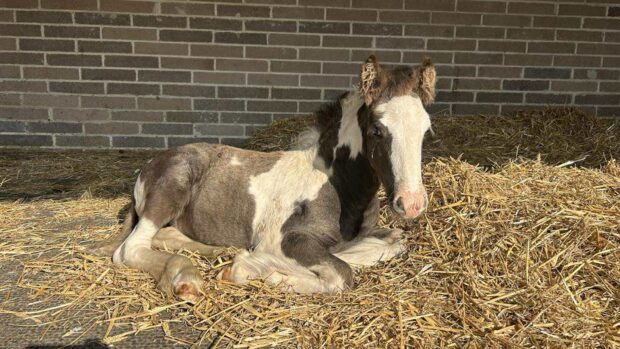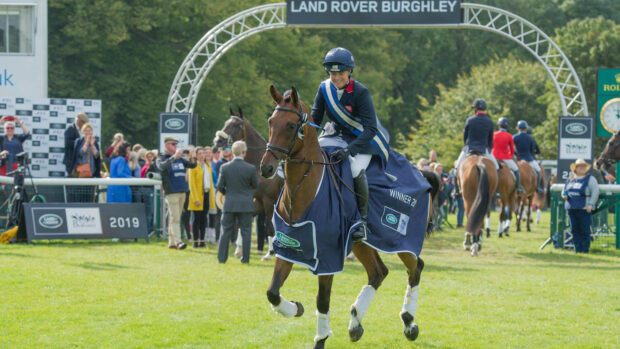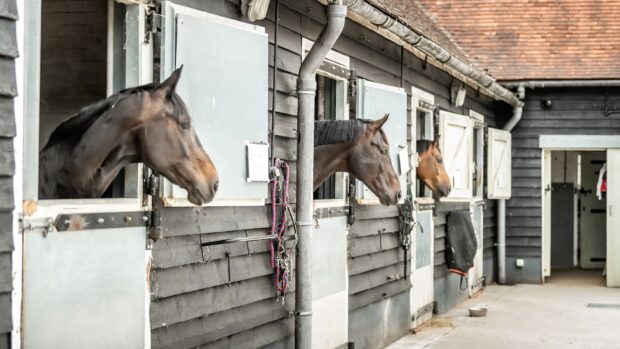Six thousand more horses could need charities’ help this winter – but welfare organisations are dangerously close to capacity.
Faced with this situation, there is a possibility that some local authorities may have no choice but to cull some of the neglected fly-grazing horses on their land as charities may not be able to take them on.
In a speech to the British Equine Veterinary Association (BEVA) two weeks ago, Roly Owers, chief executive of World Horse Welfare, said charities understood local authorities may have to do this as a last resort.
He told H&H: “These are horses that are at significant risk. They are already on charities’ radar, and we [the charities] are working with their owners.
“But if we have a hard winter and just a fraction of them need intervention, we will be swamped.
“Charities are close to full – we could not cope with a couple of hundred more, never mind thousands.”
Culling is one option open to local authorities, he said. But he stressed that charities would do everything in their powers to avoid local authorities having to make that decision.
Many of the horses at risk are those being fly-grazed or running loose in areas like south Wales and the West Midlands, said Jeanette Allen, chief executive of the Horse Trust.
In June H&H reported a worrying number of dead foals in south Wales and concerns that colt foals – who have the lowest value – were being dumped.
While there is grazing these animals can survive, but a long, cold winter could be disastrous for them.
“There is an impending crisis – there are no two ways about it,” said Jeanette.
However, she did not want to comment on the chances of a cull having to take place.
“As a sector, we are still talking about what we can do to move forward,” she said.
In 2010, Irish politicians called for a one-off cull of unwanted and unsaleable horses and ponies.
It met with sad agreement in the Irish horseworld, which is still in deep crisis, but so far has not taken place.
New BEVA president Keith Chandler said overproduction of poorly-bred horses is of great concern to vets and one that needs to be addressed by breeders.
“Charities cannot be expected to give all these horses a home,” he said.
This news story was first published in the current issue of H&H (27 September 2012)



